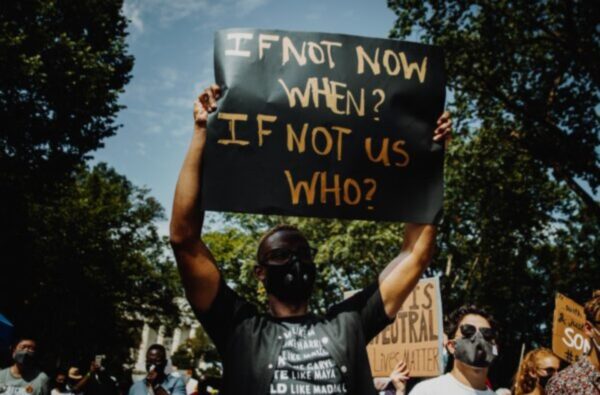‘Take Us Beyond Reaction’: City of Berkeley Approves Reparations Initiative for Black Americans
The City of Berkeley recently passed its first phase of Berkeley Reparations, an initiative spearheaded by local lawmakers to address the legacy of slavery and systematic oppression in the United States.
California became part of the United States in 1850, as a free state. And although Black Americans were never slaves within California, the effects of slavery and discrimination long have been felt within the state.
As a result, Berkeley town officials believe they have the responsibility to seek reparations for Black Californians who are descendants of slaves.
“In every field, from housing to healthcare, public safety, transportation and business, we are confronted by the American caste system,” Councilmember Ben Bartlett, who authored the reparations item, told East Bay Times.
“This legislation presents a framework to take us beyond reaction and into true repair – of the person, the community, and the nation.”
Berkeley officials will use allotted funds to hire a consultant who will be well-versed in sociological and economic history as well as legislative conceptions, according to Bartlett.
The hired consultant will provide community members with education on American slavery and the concept of reparations. In addition, the consultant will share recommendations to city council members related to policy.
“Berkeley is just a small city,” Bartlett said in a press release. “While we may not have the federal government’s resources to pay people what they are truly owed, I do believe we have the thought power and moral conviction to inspire the community and impact the nation.”
Bartlett believes Berkeley’s proposal could be the catalyst needed for a national discussion of slavey and the need for reparations.
“By beginning this process, Berkeley can become a leader in righting the wrongs of our history – from slavery to more modern forms of institutional racism, like exclusionary zoning and redlining,” Mayor Jesse Arreguin said in a press release. This action will help foster dialogue on a state and even national level on a topic we can no longer ignore.”
Read full story at Finurah here.

